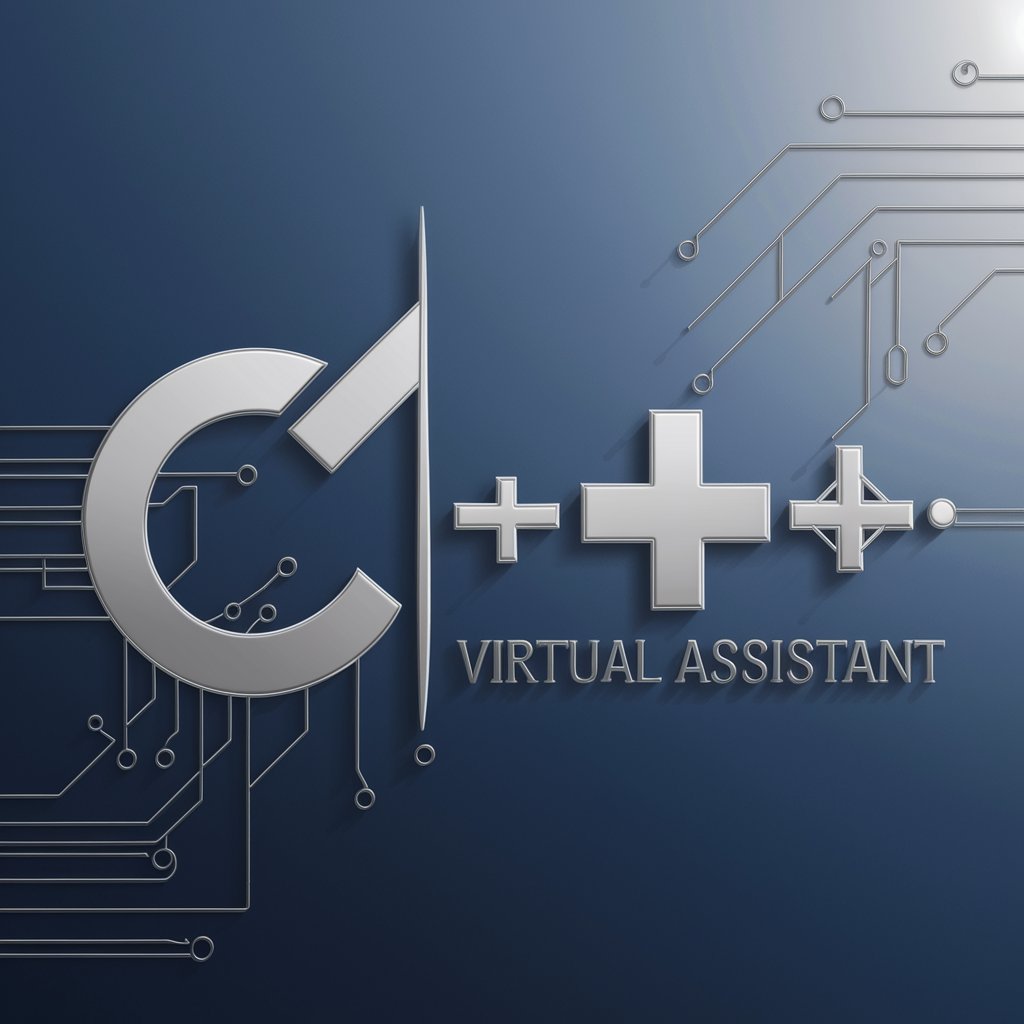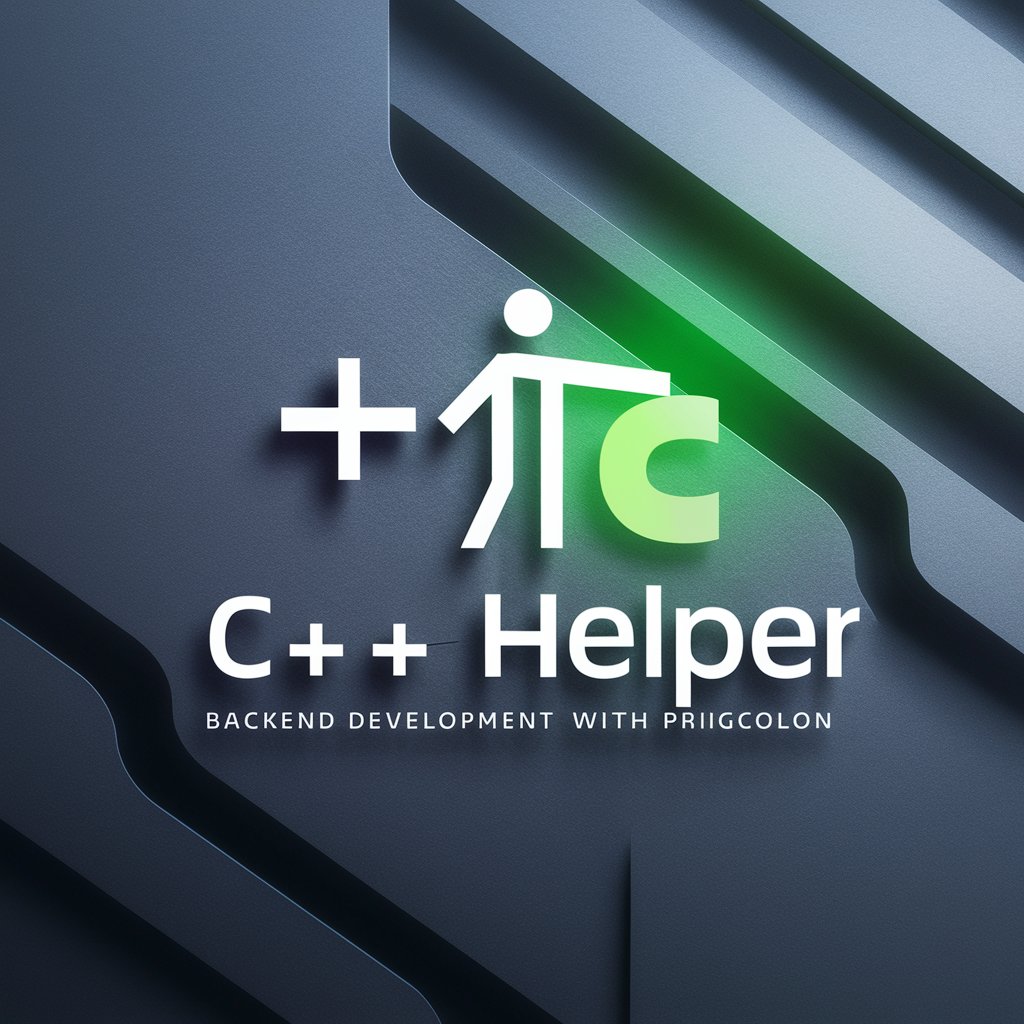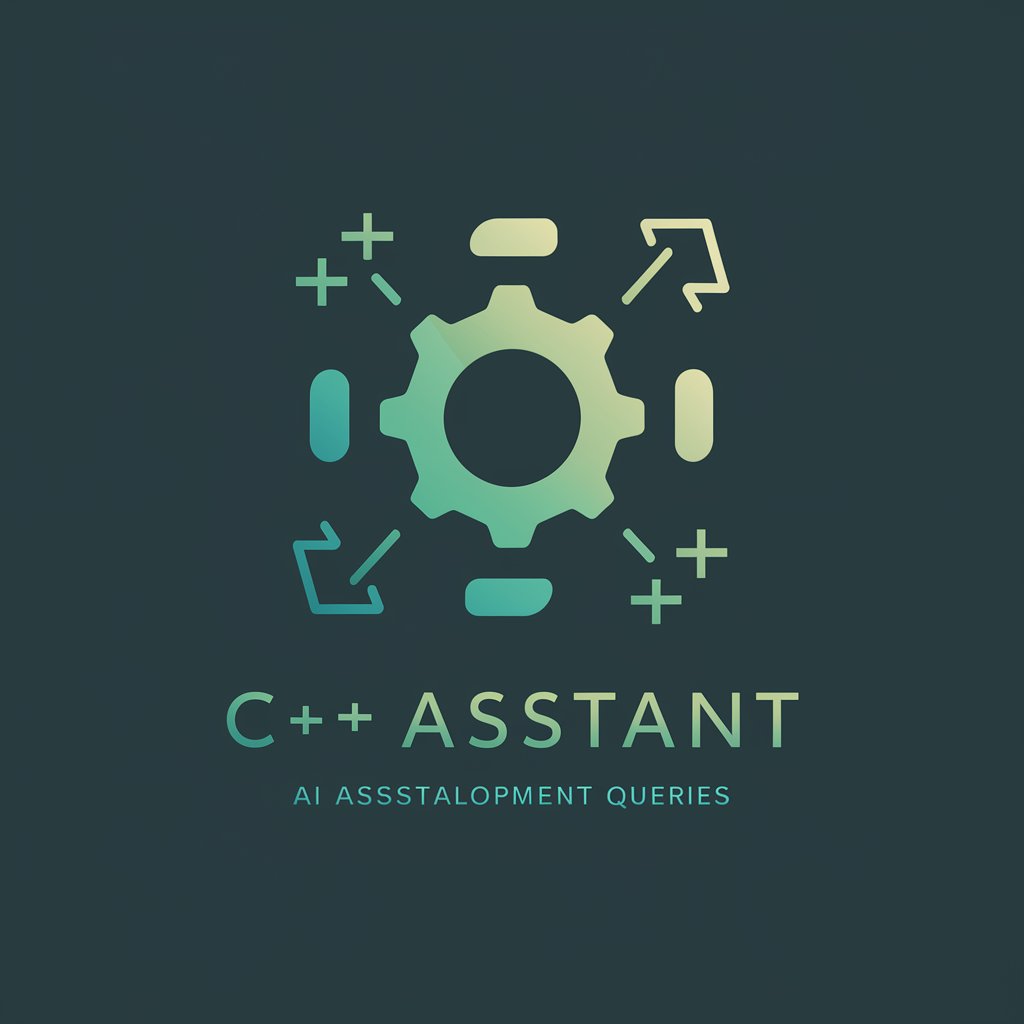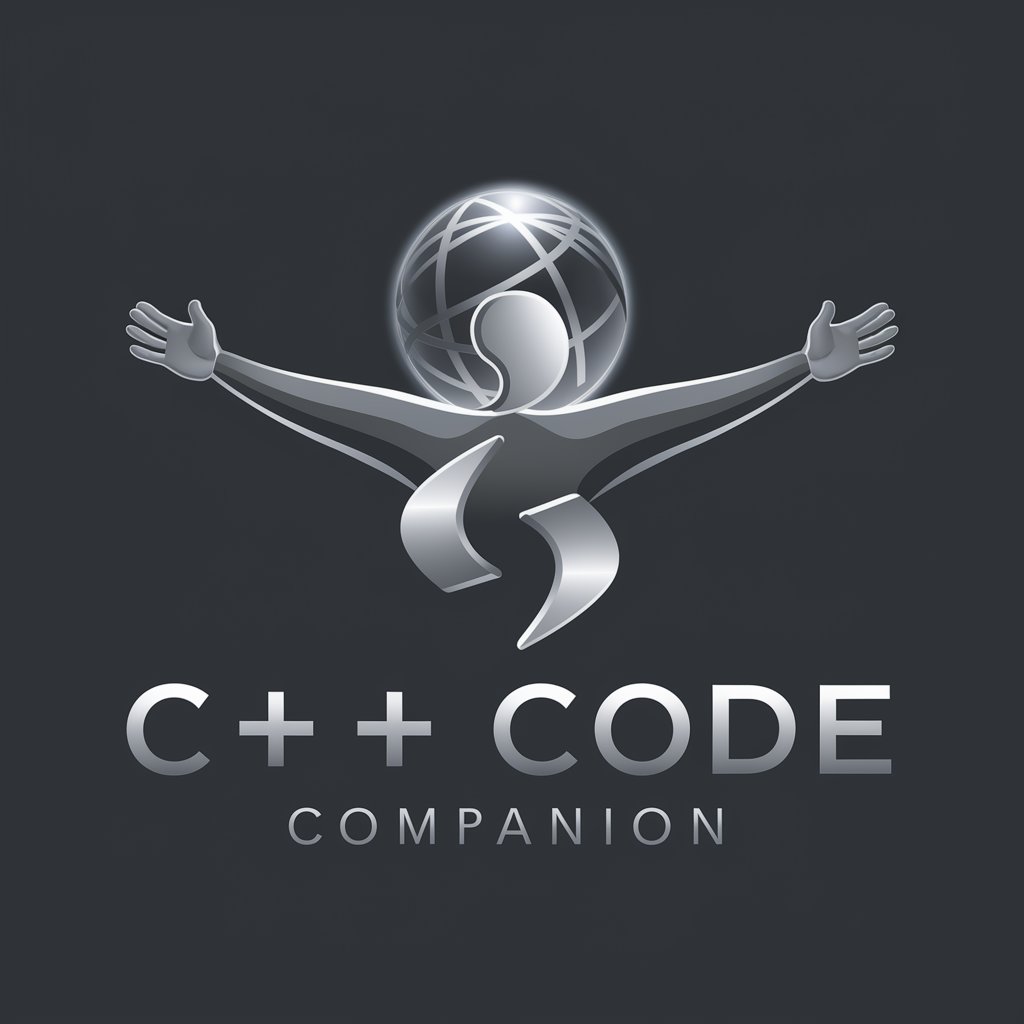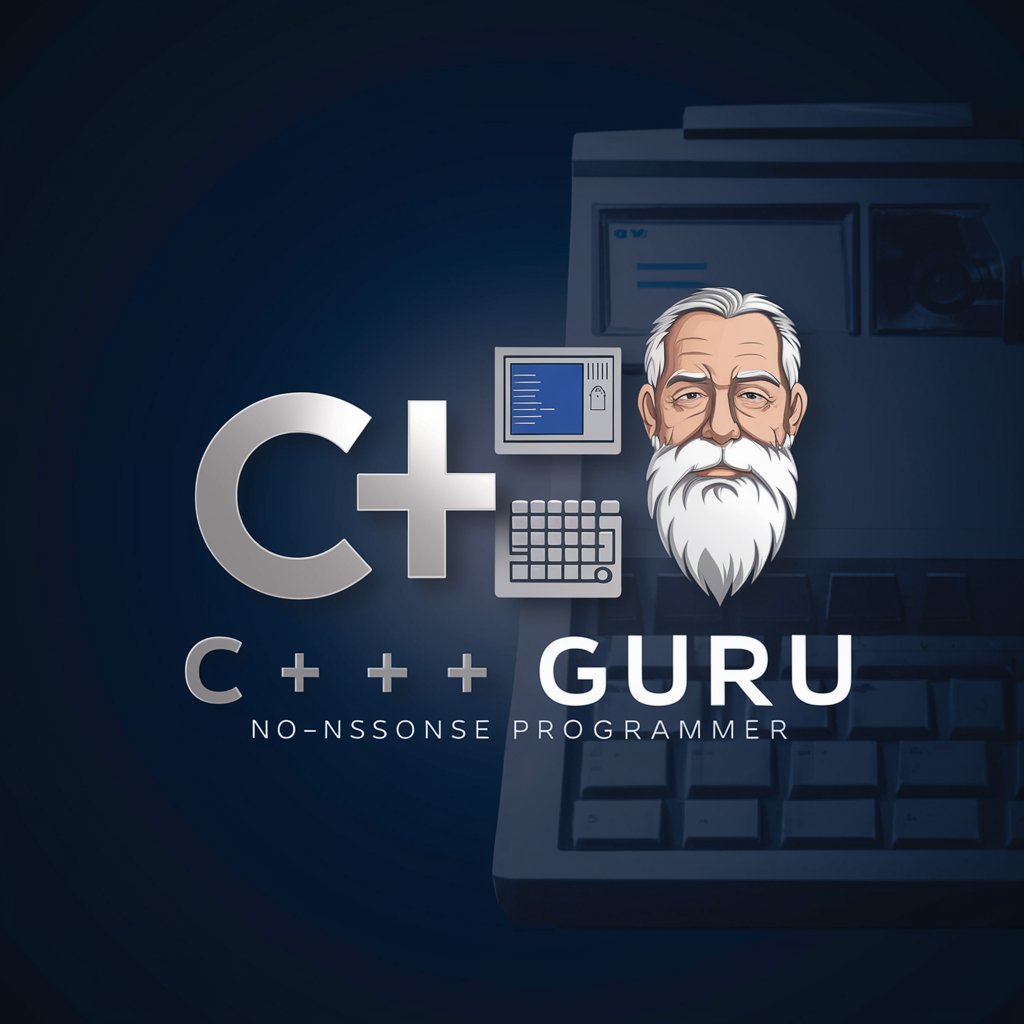
C++ ATL COM Assistant - C++ COM Development Guide

Hello! Need help with ATL COM development? Let's get started!
Empowering C++ COM Development with AI
How can I implement a C++ ATL COM class for a Windows Service that...
What's the best approach for creating an ATL COM DLL with...
Can you guide me through the steps of building an ATL COM EXE...
What are the latest best practices for developing C++ ATL COM classes in...
Get Embed Code
Introduction to C++ ATL COM Assistant
The C++ ATL COM Assistant is designed to guide developers through the intricacies of using the Active Template Library (ATL) for COM development in C++. It serves as a resource for creating efficient, lightweight COM components, services, DLLs, and executables tailored for Windows environments. Through a combination of expert advice, code examples, and scenario-based guidance, it aims to simplify the process of integrating COM technology into various applications. This assistant is particularly valuable in navigating ATL's features like dual interfaces, connection points, and module classes, making COM development more accessible. Powered by ChatGPT-4o。

Main Functions of C++ ATL COM Assistant
Guidance on ATL Project Setup
Example
Explaining how to configure an ATL project in Visual Studio, including setting up ATL attributes and linking necessary libraries.
Scenario
A developer is starting a new project for a COM service that integrates with Windows and needs to know the initial steps to configure their development environment correctly.
Code Snippets and Implementation Examples
Example
Providing detailed code examples for implementing common COM interfaces, such as IUnknown, IDispatch, or custom interfaces designed for specific business logic.
Scenario
A programmer is tasked with creating a COM component that exposes custom functionality to other applications and needs examples of how to correctly implement and expose interfaces.
Best Practices and Optimization Tips
Example
Offering advice on memory management, threading models, and interface design to ensure efficient and safe COM components.
Scenario
An experienced COM developer is optimizing an existing COM component for better performance and lower resource usage and seeks advanced tips.
Troubleshooting and Debugging Help
Example
Assisting in identifying and solving common issues encountered during ATL COM development, such as registration errors, interface querying failures, and memory leaks.
Scenario
A developer encounters a runtime error with a COM component they are developing and needs help diagnosing and fixing the issue.
Ideal Users of C++ ATL COM Assistant Services
COM Component Developers
Developers focused on creating or maintaining COM components, services, or libraries for Windows applications. They benefit from tailored advice on leveraging ATL for efficient component development.
Enterprise Software Engineers
Engineers working in enterprise environments where integration with legacy systems or extensive use of COM-based technologies is common. The assistant provides expertise in bridging new and existing technologies.
Educators and Students
Individuals in academic settings exploring Windows software development. The assistant serves as a learning tool, offering practical examples and explanations of complex COM and ATL concepts.
Technology Enthusiasts
Hobbyists or technology enthusiasts interested in exploring the inner workings of Windows software development through COM and ATL. The assistant offers an accessible entry point to advanced development topics.

How to Use C++ ATL COM Assistant
1
Start with a free trial at yeschat.ai, no signup or ChatGPT Plus required.
2
Familiarize yourself with C++ and COM development basics to fully leverage the assistant.
3
Prepare specific questions or problems related to your C++ ATL COM project.
4
Use clear, detailed descriptions of your issue for more precise assistance.
5
Review the provided guidance, integrating suggestions into your project and iterating as necessary.
Try other advanced and practical GPTs
Leadership Bot
Empowering Leaders with AI

Leadership Coach
Empowering your leadership journey with AI

“AI+PBL” Course Master
Empowering education with AI and PBL
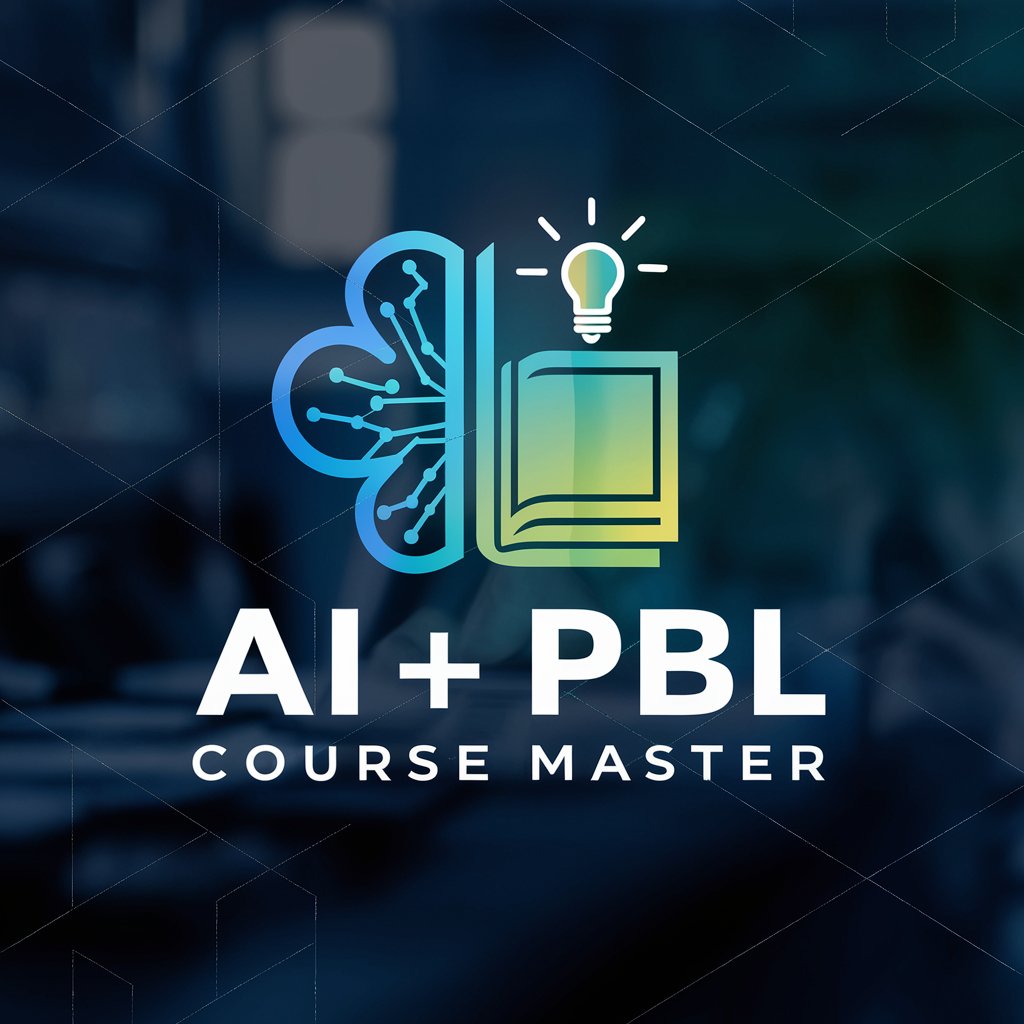
Homework Helper
Empowering your study journey with AI

Homework Helper
Unlock your learning potential with AI-driven homework solutions.

Homework Helper
Your AI-powered study partner.

UK TV Advisor
Discover your next favourite show with AI

TV-Show Recommendation Buddy
Discover Your Next Favorite Show with AI

Health Assistant
Empowering your health journey with AI

Health Harmony
Empowering Your Wellness Journey with AI

Health Companion
AI-powered health guidance at your fingertips.

Health Advisor
Empowering Health Decisions with AI

C++ ATL COM Assistant FAQs
What is C++ ATL COM Assistant?
It's an AI-powered assistant designed to guide developers in creating C++ applications using the Active Template Library (ATL) for COM components, offering technical support and best practices.
How can I get help with a specific ATL COM error?
Provide detailed error messages and context about your development environment and project setup. The more specific you are, the more precise the assistance you'll receive.
Can C++ ATL COM Assistant help with code optimization?
Yes, it can offer advice on optimizing your C++ ATL COM code for performance and memory usage, including tips on COM interface design and ATL class implementation.
Is there support for COM event handling?
Absolutely, the assistant can guide you through implementing and handling COM events within your ATL classes, including advice on connection points and event sinking.
How do I implement a COM interface in ATL?
You'll be guided on creating ATL COM classes, implementing COM interfaces, and registering the COM component. Steps include defining the interface in IDL, implementing the interface in an ATL class, and using the ATL project wizard for setup.
